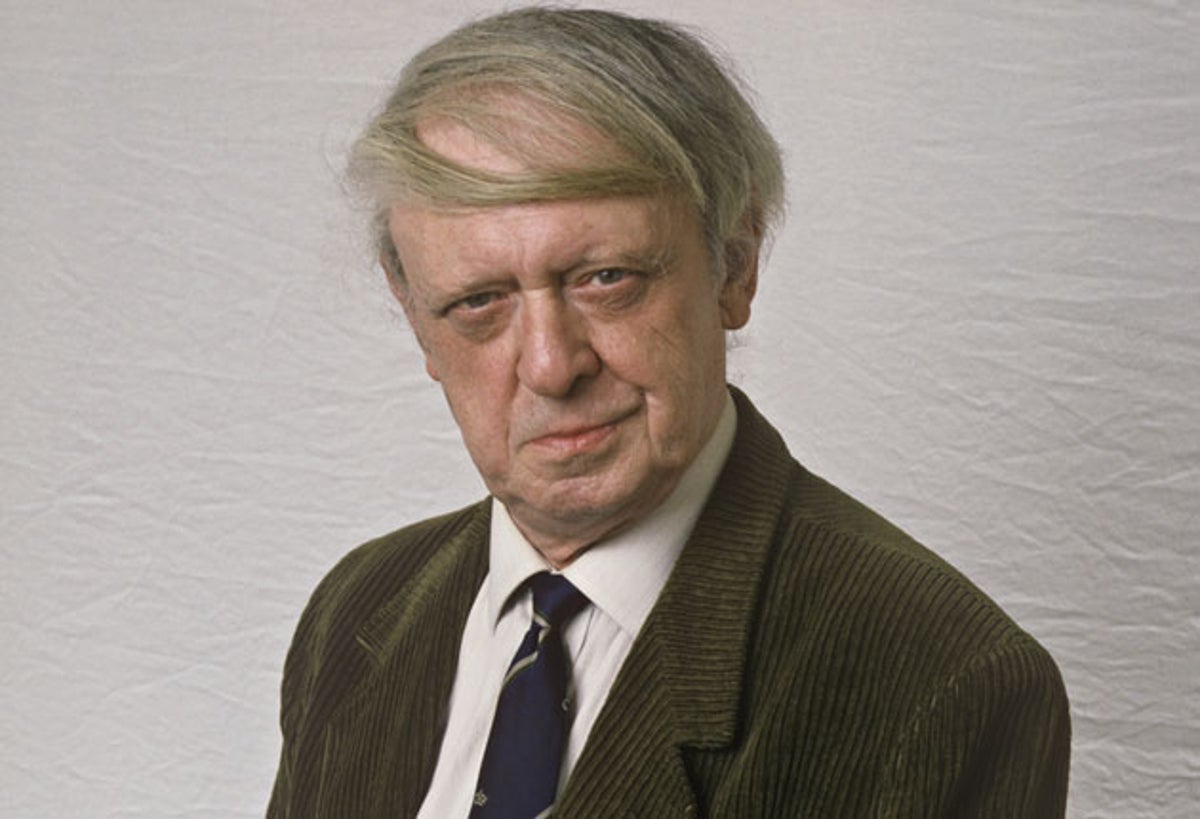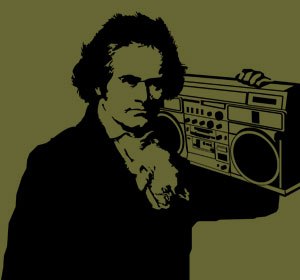Stephen Rumler the new music director for Grace Episcopal Church Holland where I used to work contacted me via Instant Messenger yesterday. He asked if I would agree to meet with him. I instantly texted him back that I would.
It interests me to look back on my life and see that it is a rare occasion when people seek me out as someone worth listening to. (Hi Rhonda!) Rumler’s self confessed mentor was Peter Kurdziel. Peter is one of the few people along with Rhonda who have thought that I was someone worth listening to. He and I planning a chat for this Thursday. I look forward to it.
Though I do look forward to meeting with both men it arouses in me doubts about what I have to offer them at this stage of life. I have lost interest in church and much church music. At the same time I am very interested in other kinds of music and ideas. But I am always good for a rambling chat.
In fact I miss chatting so much that I have been turning regularly to this blog to vent a bit. This spares my captive audience listeners (Eileen and my therapist, Dr. Birky). Plus making sentences seems to be both therapeutic and helpful.
I called my dermatologists office yesterday morning shortly after 8 AM. My rash is out of control. Despite this I manage to continue functioning but I am constantly uncomfortable. They scheduled me for mid November which is much better than the March appointment they gave me last time I called. I’m not expecting much help from this quarter since my previous diagnoses was inconclusive. But I think it’s worth a try.
Eileen is thinking that if the weather is good enough we might skip date day today so she can mow the lawn one last time before winter. She usually has brought in her plants by this time. My recovery from eye surgery prohibits me from lifting for another week or so. This has put a bit of a cramp in Eileen’s style. There is a huge bookcase which she purchased at auction sitting in the Subaru waiting to be brought in the house. Even opening the box in the car and bring it in piece by piece will probably not be sufficient for moving this without me because she is planning to replace several of the living room bookcases with this one, nicer looking shelf. This means not only setting it up but moving a ton of books around.

I was amused to read in Burgess’s This Man and Music that music is itself both apolitical and amoral. I even agreed with that back when I was a church musician.
Burgess begins by describing the 19th century conviction that there was “no doubt of the moral content of the great instrumental works,” specifically the works of Beethoven. He was thought to be the “sublime custodian of ultimate values.” This point of view persisted into the 20th century says Burgess.

“The trouble began with the Nazis,” he writes, “who, being Germans, had more right to Beethoven than anybody, and who found in his work precisely those values discovered by an earlier age of humanists. The commandant of an extermination camp could spend the day supervising the consignment of Jews to the ovens, and then go home to weep tears of pure joy at the divine revelations of sonata or symphony—his flaxen chubby daughter at the keyboard, the fine record-player which was due of his rank.”
Burgess continues, “It was always nonsense to proclaim that Beethoven’s music was about the brotherhood of man, Jew and Gentile, or mystical union with the god of the liberals. If fascists and democrats found, as they did, the same matter for exaltation, then music cannot be about morality.”
Amen says Jupe.
Radicalized at the Workhouse – Inez Bordeaux – Inquest
My daughter Elizabeth “shared” this link on Facebook. It’s quite a read.
Essay: Should We Have War Crime Trials? – The New York Times
This past Sunday’s NYT Book review was one of those retrospective issues which featured excerpts and essays from the past 125 years. This essay by Neil Sheehan from 1971 is good but long.
